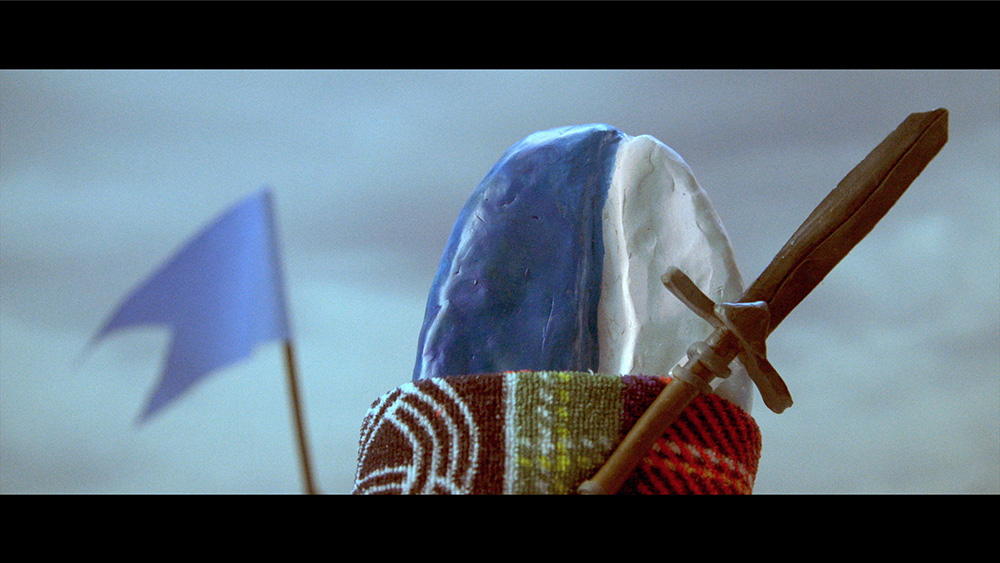McDonald's wanted to reach the audience at the Toronto International Film Festival (TIFF), which is a key event that people come from all over the country, and the world, come to Toronto to attend. The one thing the TIFF audience has in common is a love of film.
McDonald's is a sponsor of TIFF, and its premium coffee brand, McCafé, is the "official coffee" of the festival. The challenge was to break through the celebrity media noise to connect with the TIFF audience during the short, 10-day campaign period. The objective was to build brand love for McCafé.
To make an impact with the target audience, agency Cossette set out to prove McCafé shared their appreciation of film. The team created parodies of critically acclaimed movies, with a twist: McCafé coffee beans were the stars. The caffeinated films included Donnie Darkroast (Donnie Darko), Beanheart (Braveheart), The Grinding (The Shining), The Good, the Bad and the Brewed (The Good, the Bad and the Ugly), and Lawrence of Arabica (Lawrence of Arabia).
With a production budget of under 15,000, the team made the indie-film aesthetic work by embracing elements of low budget production, such as DIY wardrobes, props and sets. The films were posted on McDonald's social platforms, but were primarily used to reach TIFF-goers at the festival itself.
The McCafé coffee truck handed out free samples to festival attendees, and while the audience was waiting in long lines to see movies, the brand kept them entertained with the McCafé Cinema videos by using special coffee sleeves. When a coffee sleeve was scanned, it directed them to all five videos on the landing page, Mccafecinema.com. The coffee sleeves were also distributed at a number of Toronto McDonald's restaurants throughout the festival.
Throughout the 10-day festival, McCafé Cinema succeeded in connecting with festival-goers, but not only that, it connected with film lovers around the world, too.
Richard Kelly, the actual director of Donnie Darko, tweeted: "Loving this @McD_Canada DONNIE DARKROAST commercial."
The campaign's primary success was in its ability to attract organic, unpaid media attention with each social mention generated from the campaign, reaching an incremental 10,000 users. Organic reach on Twitter was especially large with relevant tweets reaching 2.2 million people.
The videos reached 453,683 completed views. And most importantly, the campaign set a new record for McDonald's Canada, with 99.2% of consumer reactions on social media being positive.
